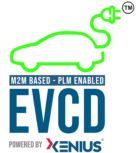BAF E-Vaahana boon for EV owners living in Bengaluru societies
December 24, 2021 2022-02-14 11:48BAF E-Vaahana boon for EV owners living in Bengaluru societies
Boasting the maximum number of electric vehicles in the country, the city of Bengaluru is also in need of a decent charging infrastructure. The Bangalore Apartments’ Federation’s E-Vaahana campaign is a commendable initiative in this regard. The BAF model needs to be replicated in all the metropolitan cities in order to give a boost to e-mobility in the country.
- Under the campaign, the BAF brings together knowledge partners, policymakers, charging-point operators and electric vehicle OEMs on a common platform.
- Public chargers are mostly used in case of an emergency and that is why these are mostly DC fast chargers whereas home and workplace chargers are mostly AC slow chargers.
- Residents are given the option to select the vendor for setting up the EV charging infrastructure in their housing society. The vendors then provide the solution as per the requirement of that society.
To help electric vehicles owners of Bengaluru RWAs with their EV charging needs, the Bangalore Apartments’ Federation (BAF) has launched an E-Vaahana campaign. Under the campaign, the BAF brings together knowledge partners, policymakers, charging-point operators and electric vehicle OEMs on a common platform. It also shares success stories of EV installations in different societies and residential apartments with a view to promoting electric mobility in the city.
BAF was formed in 2014 to represent and protect the interests of apartments and resident welfare associations across Bengaluru. It comprises members who are part of the Apartment Owners’ Associations (AOAs) and RWAs of different societies in Bengaluru.
Since Bengaluru has the maximum number of EVs in the country, it is essential for the city to have a robust EV charging infrastructure. With a view to achieving that goal, BAF has launched this initiative under the Electric Vehicle and Energy Storage Policy of the Bangalore Electricity Supply Company Limited (BESCOM).
According to the available data, 90 per cent of the total registered EVs in the country are private vehicles. Most of the charging needs of these private vehicles can be met by home and workplace EV chargers. Public chargers are mostly used in case of an emergency and that is why these are mostly DC fast chargers whereas home and workplace chargers are mostly AC slow chargers. In fact, AC chargers are more suited to charging an EV and they are also preferred over DC chargers as the latter can damage the battery of a vehicle.
Keeping this factor in mind, the BAF has tied up with vendors such as Bolt, PlugNGo, Ola Electric, EVRE, Magenta, Elektropod, Kazam, Ather, Tata Power EZ Charge, FIMER and EcoSoch. Residents are given the option to select any of the vendors for setting up the EV charging infrastructure in their housing society. The vendors then provide the EV charging solution as per the requirement of that particular society. BAF also maintains a ‘Telegram’ account where customers, vendors and other EV players can come together and get all issues regarding EV charging resolved.
Any apartment association can become a member of BAF by registering itself online and paying a nominal fee. The annual fee structure ranges between Rs 1,200 and Rs 6,000, depending on the size of a residential society.
The E-Vaahana campaign launched by the BAF has proved to be a boon for the EV owners living in various housing societies of Bengaluru. There is a need to replicate this model in other cities as well. In fact, every metropolitan city needs to have a residents’ body like the BAF which can act as catalyst in establishing a state-of-the-art EV charging infrastructure in the country.



